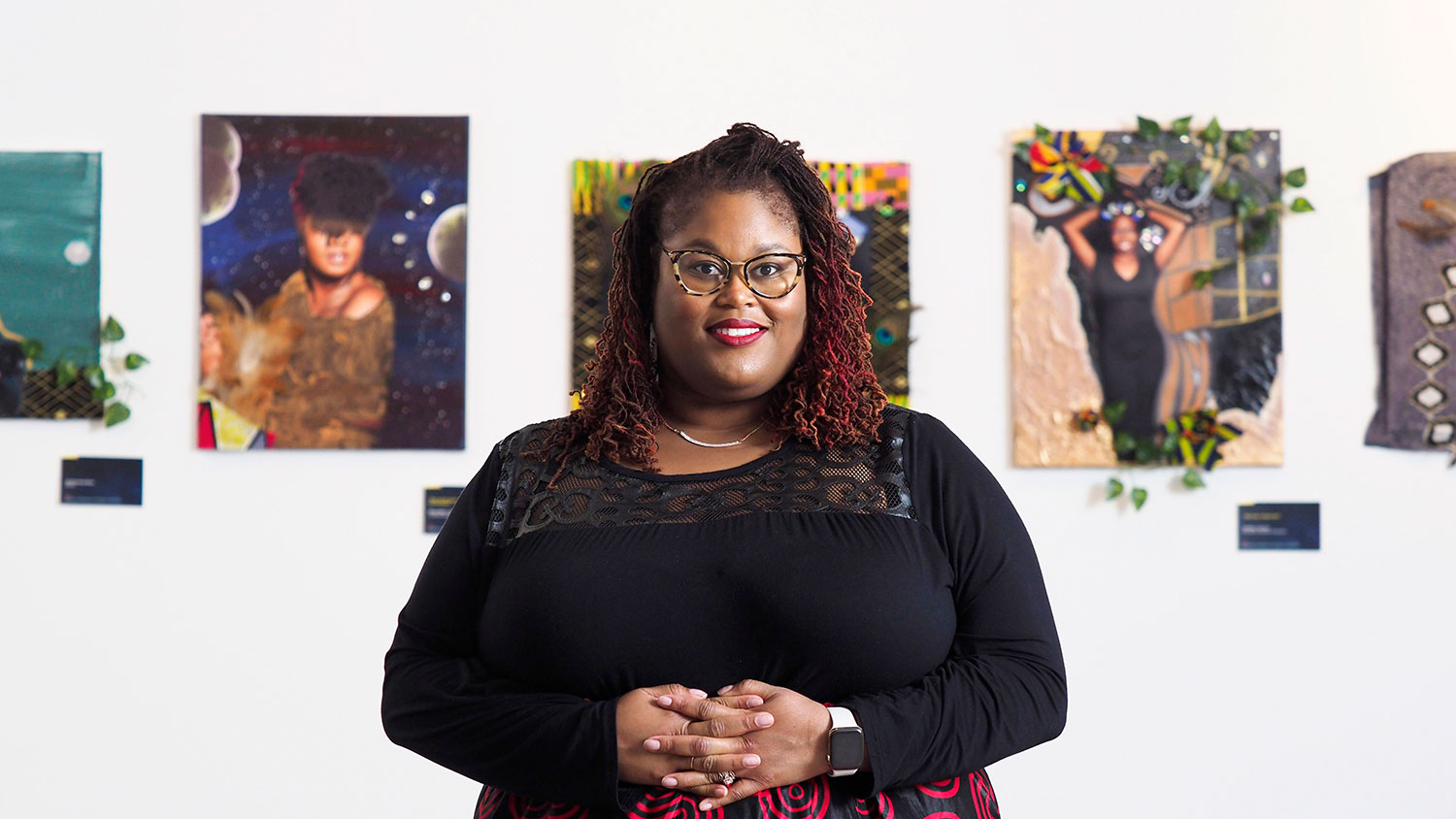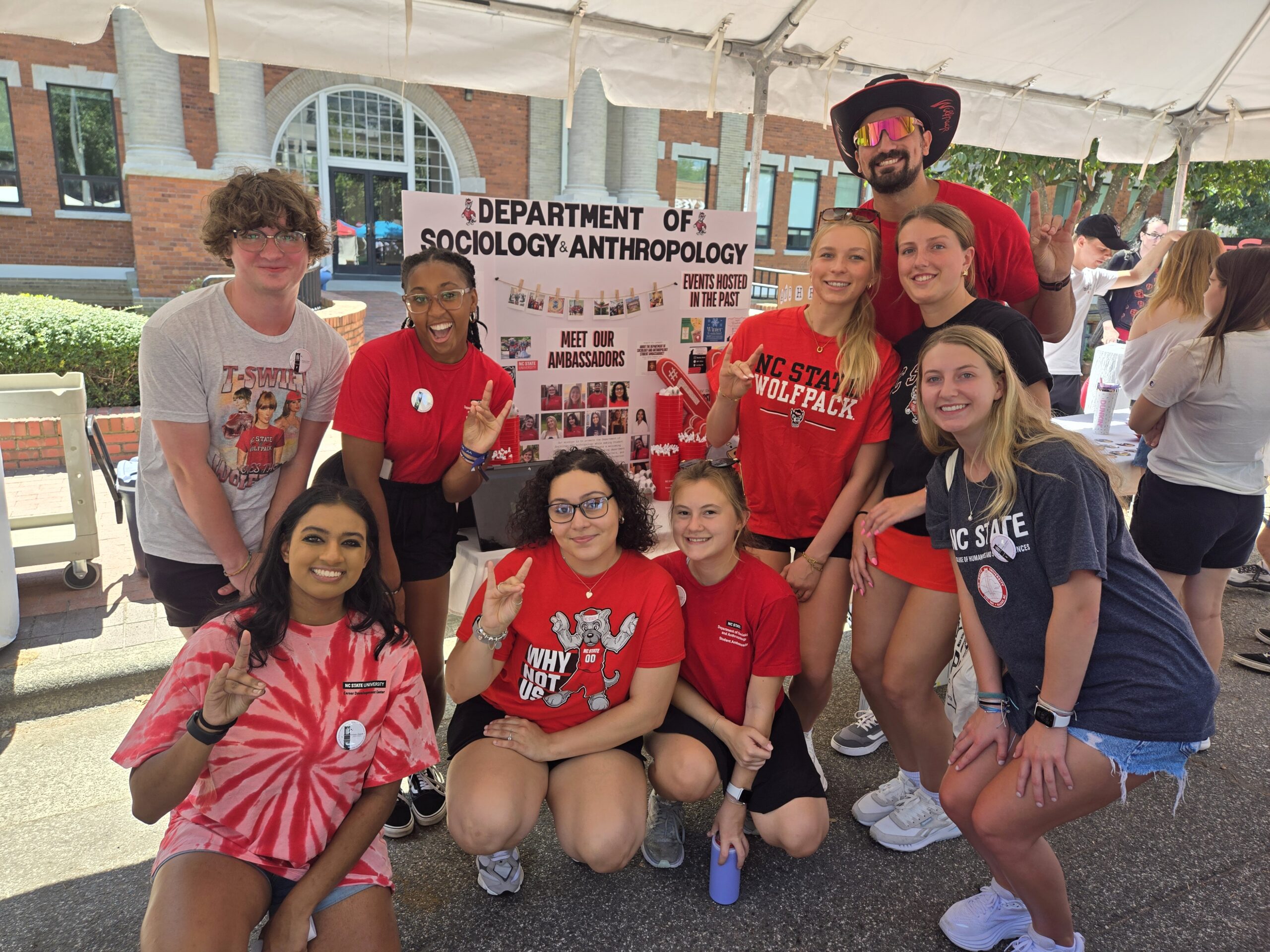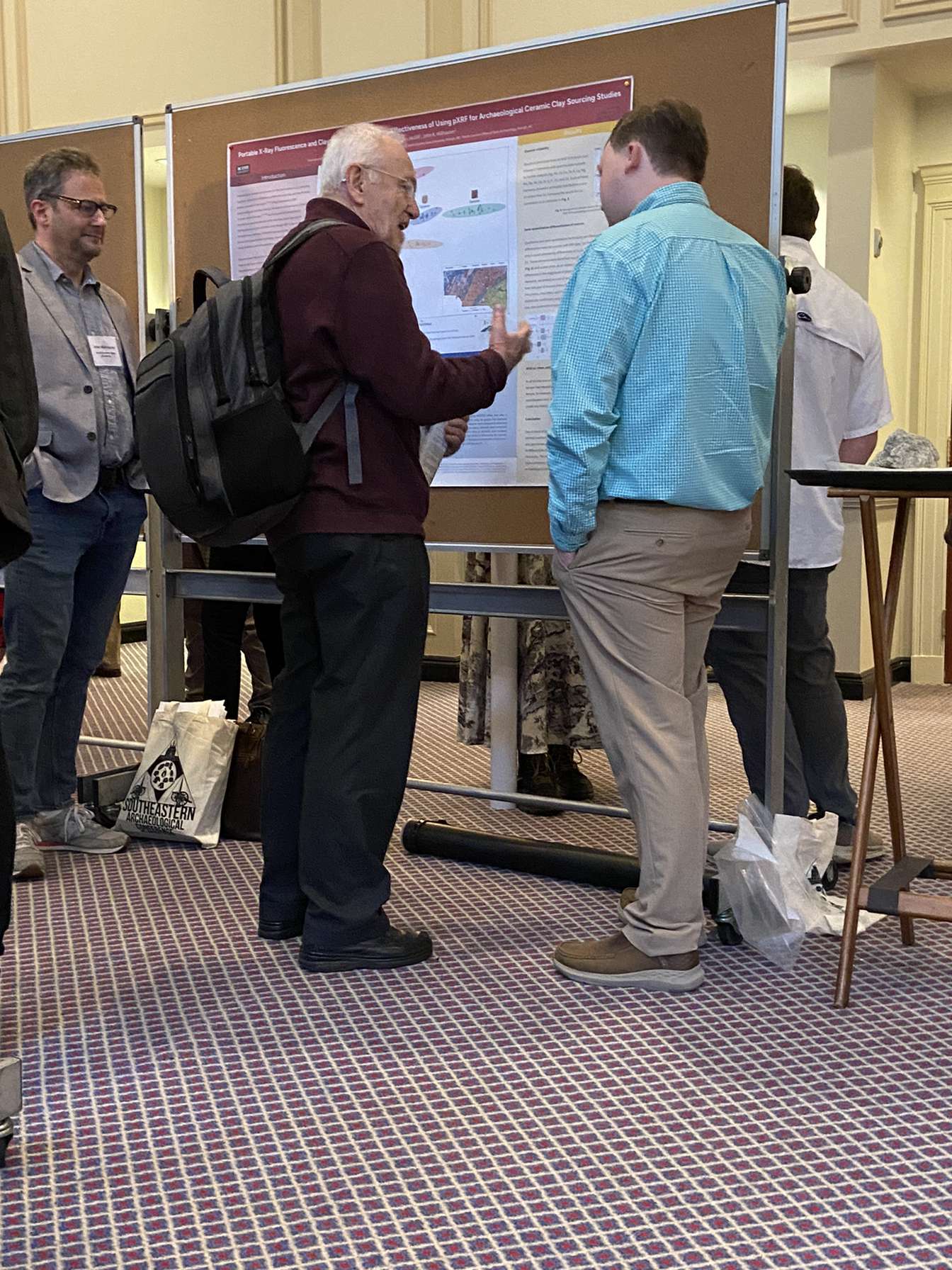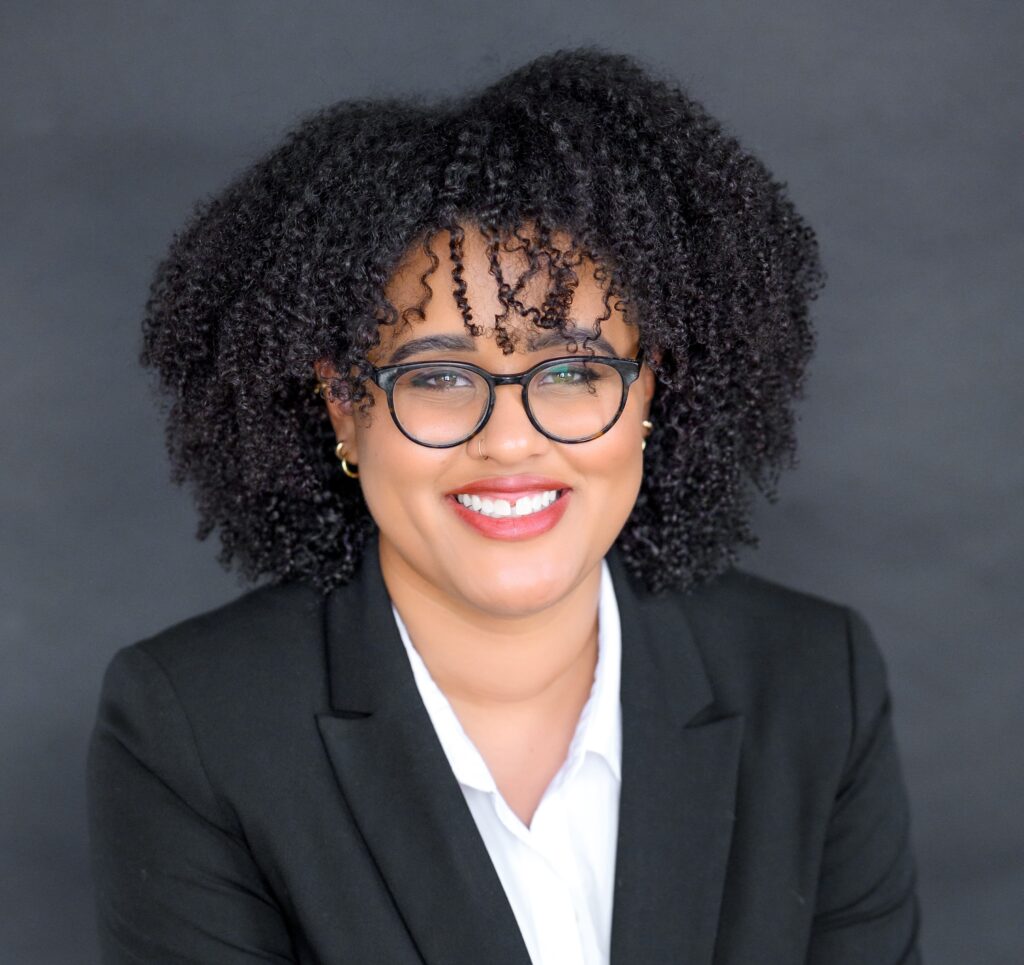The African American Cultural Center, lovingly referred to as the AACC or The Cultural Center, is a vital hub for the people of the African Diaspora. Located in Witherspoon, the African American Cultural Center takes up ⅓ of the building starting on the first floor and extending to the third floor. I had the pleasure of speaking with the director of the African American Culture Center, angela gay-audre (she/they) to learn more about the Center and what it does for the NC State Community. angela gay-audre has been the director of the culture center since September 2020. They came to NC State in August 2016 to pursue a Ph.D in Educational Leadership Policy and Human Development and were drawn to the community and cultural centers due to her belief in “putting things into practice.”
The African American Cultural Center was created in the 1970s due to the advocacy and activism of Black students at NC State and supporters from other area universities. These students were supported by Black faculty Dr. Augustus Witherspoon and Dr. Lawrence Clark. The students wanted to create a place where people of the African diaspora could feel safe and welcome at NC State, an institution that was predominantly white and had only admitted it’s first Black student, a graduate level student, in 1953. The importance of the cultural center in the 1970s was to create a space of belonging for Black students. While NC State has a long history dating back to the 1800s, Black students were not allowed entry until 1951. Thus, the university was not prepared for the inclusion of Black diasporic students; therefore the spaces and services of the University did not have the ability to fully meet their cultural needs. As a result, the AACC was created to support and acknowledge the people of the African diaspora and have been actively doing so since.
Currently, the AACC has a multitude of resources that students can access. The first floor of the cultural center is the Sankofa room which is a multi-purpose room; currently used for COVID testing but in the past has been used to host dances, dinners and film screenings. The second floor is where the gallery and library are located. The gallery is a full working gallery that allows the arts to be accessible to students with a special emphasis on highlighting and featuring black students’ art and providing access to Black arts to students. The other section of the second floor is the Library, which holds material centered around blackness. The Library is a research library, which is really beneficial to those in our department who are trying to find resources and research material about the Black community. Similar to other libraries, you can check out materials you need, and if they do not have it, they will get it for you. The Library is also a place where you can study and also includes a decompress space located in the back. The second floor of the AACC also has a podcast room. On the third floor (where I personally frequent) is where the living room, main offices, reservable conference rooms and private study rooms are. This space has games, couches and is also where you can also rent out technology such as laptops.
It is important to note that anyone is welcomed to the AACC; but its main function is to support all people of the African Diaspora and disrupting any monolithic ideas of blackness, meaning that however you are black they are here to support you. They are also here to have your back, advocate for you, and encourage your ability to thrive at NC State.
Outside of physical resources, the AACC hosts different programs to discuss blackness and all things surrounding blackness. Of course since it is Black History Month there are a lot of events that are going on which can be viewed at the link listed at the end of the article. A few other key programs are What’s on the Table, which is held bi-weekly on Fridays. They also have a podcast called “Fo’ Yo’ Soul” that is always looking at ways to connect with different black people on campus. Also upcoming is the Black Symposia which highlights multiple ways black people engage in scholarship, knowledge sharing, and uplifting and highlighting the multiple ways Black folx generate thought within and outside their communities. There are many more programs throughout the semester that can be found on their social media and webpage.
Lastly, I couldn’t end this interview without asking about internships, jobs, and mentorship opportunities. The AACC currently offers unpaid internships for academic credit. Academic internships can vary across fields and help students bridge the connection between the academic and everyday life. The AACC also offers paid employment. Hiring begins in the Spring semester for the following academic year. The center will be hiring for a number of undergraduate and graduate positions for the 22-23 academic year. As far as mentorships go, anybody on staff is available to you and bring different experiences that can be tailored to what you would like to do or learn more from in the future. To connect for mentorships you can reach out to the person on staff you are interested in connecting with. The best way to learn more about the AACC is to come in the space and introduce yourself, if that does not work for you, you can always send an email to anyone on staff as well as the center email as well.
Here is their website and social media information:
- https://diversity.ncsu.edu/aacc
- https://diversity.ncsu.edu/aacc/black-history-month/
- Instagram: @aaculturalcenter
- Facebook: NC State African American Cultural Center
- Twitter: @ncsuaacc
This post was written by Brianna Brooks, a Department of Sociology and Anthropology Student Ambassador double-majoring in criminology and political science with minors in Africana Studies and Spanish.
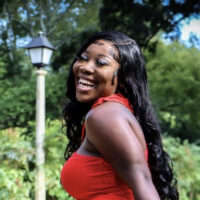
- Categories:
